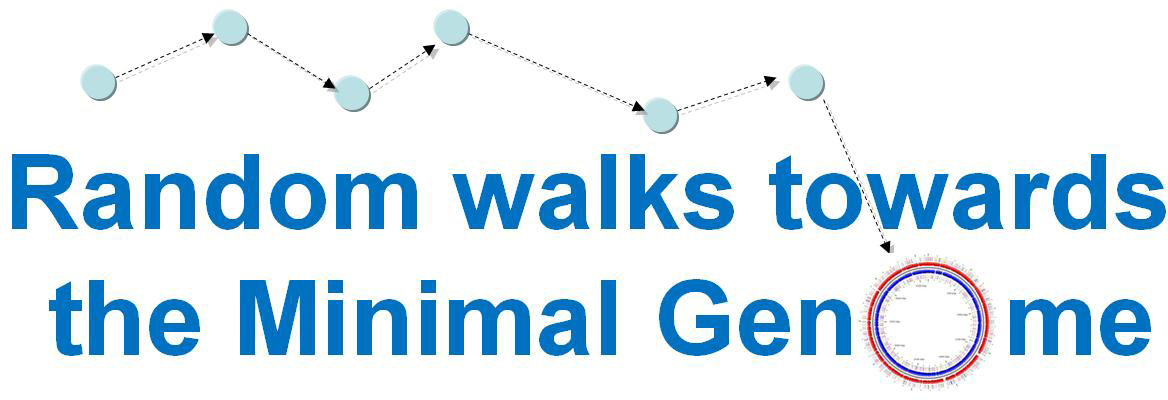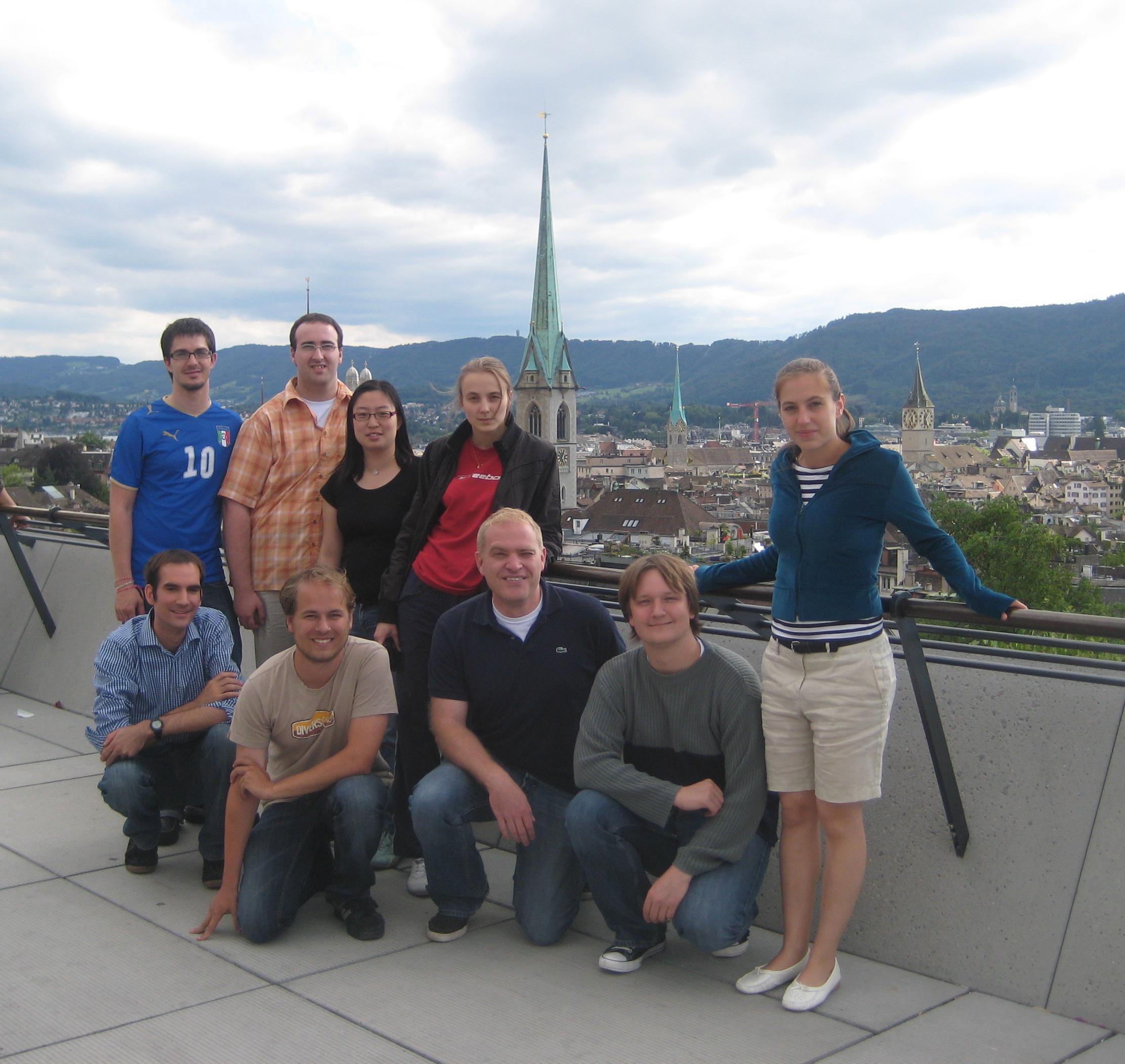Team:ETH Zurich
From 2008.igem.org
m (→The Team) |
m (→The Team) |
||
| Line 37: | Line 37: | ||
<strong>Undergraduate Students</strong><br> | <strong>Undergraduate Students</strong><br> | ||
| - | [https://2008.igem.org/User:juliasl Julia Slipantschuk],[https://2008.igem.org/User:sgiese Sebastian Giese],[https://2008.igem.org/User:Nico Nico Hensgens],[https://2008.igem.org/User:ruby Rebecca Herbst],[https://2008.igem.org/User:User:rbyun Reine Byun],[ | + | [https://2008.igem.org/User:juliasl Julia Slipantschuk],[https://2008.igem.org/User:sgiese Sebastian Giese],[https://2008.igem.org/User:Nico Nico Hensgens],[https://2008.igem.org/User:ruby Rebecca Herbst],[https://2008.igem.org/User:User:rbyun Reine Byun],[http://www.facebook.com/profile.php?id=804108753&ref=profile Georg Ofenbeck] |
<br><strong>Graduate Students</strong><br> | <br><strong>Graduate Students</strong><br> | ||
Revision as of 20:52, 29 October 2008
Project Abstract'Random walks towards the minimal genome' "This year's ETH Zurich project tackles a fundamental problem of synthetic biology: the minimal genome.
Exploring the minimal set of genes that is able to support life is not only a question of significant biological interest, it is also a crucial step towards the implementation of orthogonal functionalities into a rationally designed complex biological system. An organism carrying a minimal genome would provide a simple chassis for biological engineering.
We attempted to exploit the power of accelerated evolution for a genome reduction strategy. Our approach is based on an iterative cycle of genome reduction and strain selection.
We propose a novel method to randomly delete chromosomal DNA fragments by controlled expression of restriction enzymes and ligases in vivo. Furthermore, we develop a chemostat-based condition to select for cells with a smaller genome size by constraining nucleotide availability. Computationally, we analyze the genome for the optimal restriction enzyme, and perform flux balance analysis on a genome scale model to predict growth of reduced genome strains. Finally, we simulate the restriction enzyme expression and the progression of selection." "Meet us" video
The TeamThe iGEM team 2008 follows the tradition of the ETH teams before, and consits of students from very diverse scientific backgrounds.
If you'd like to know more about the team, you will find more information in the Team Section Undergraduate Students
Achievements
Site Map
|
 "
"

